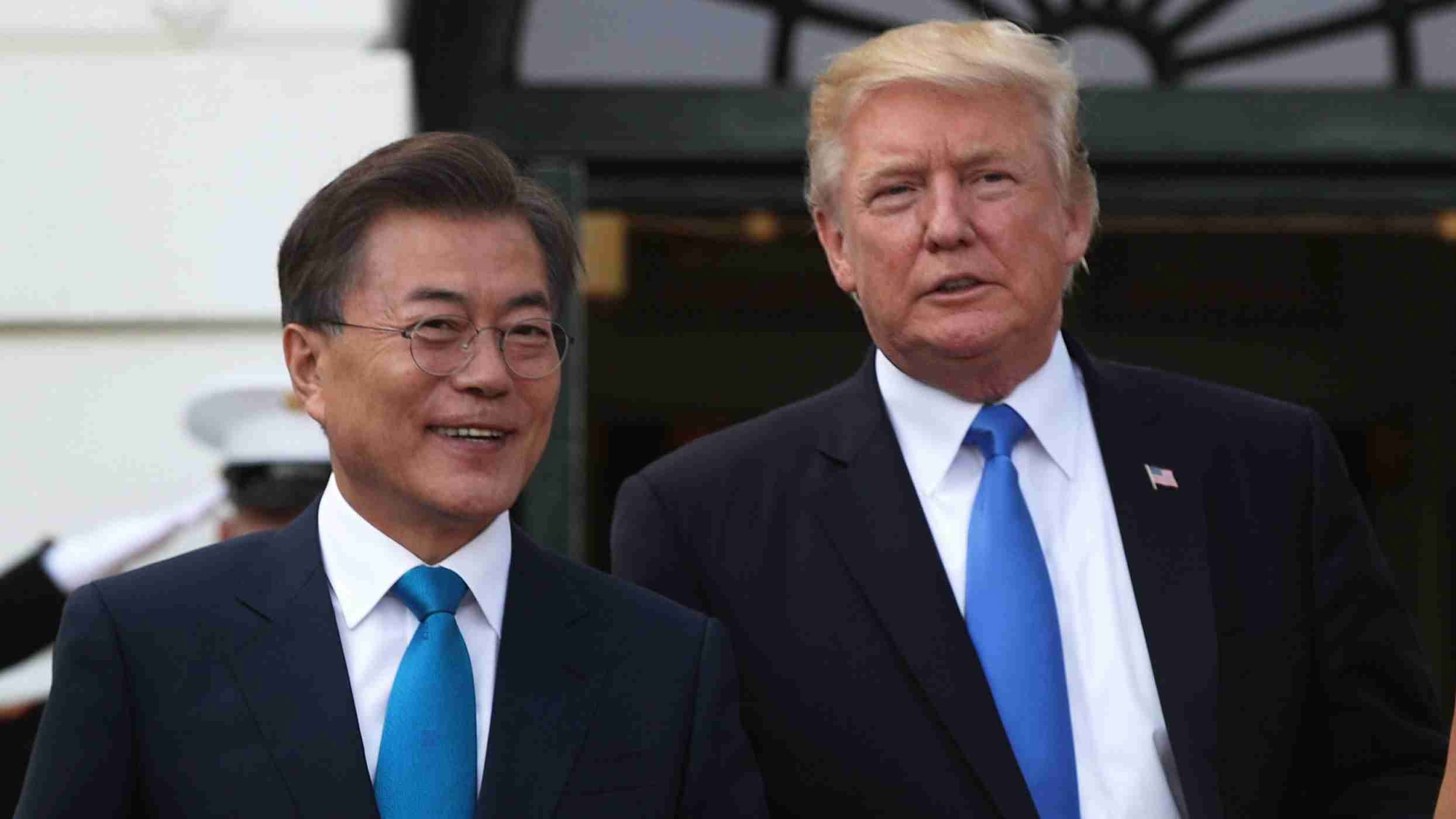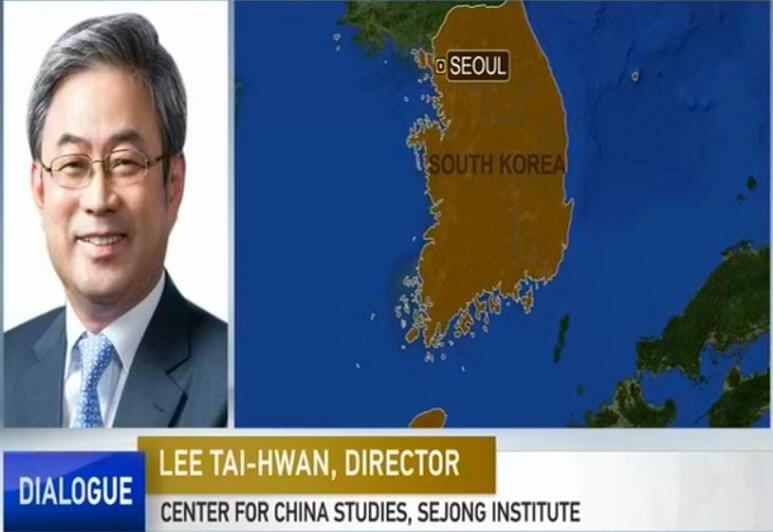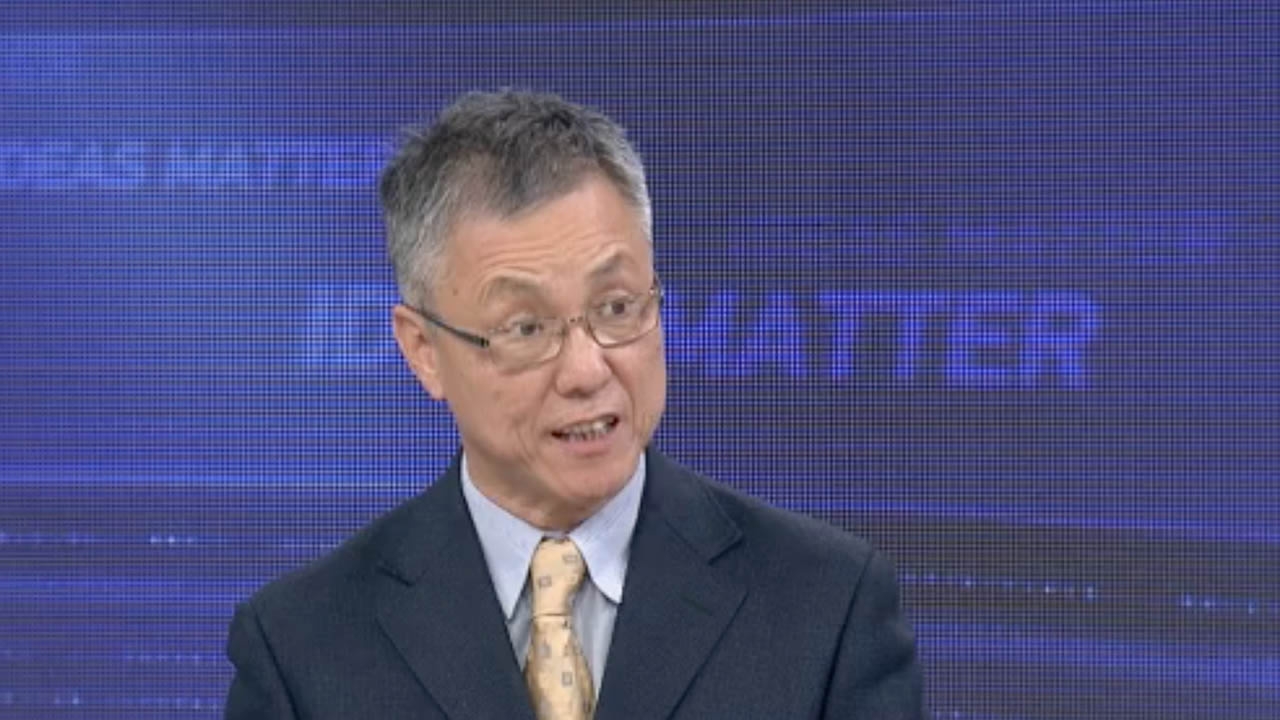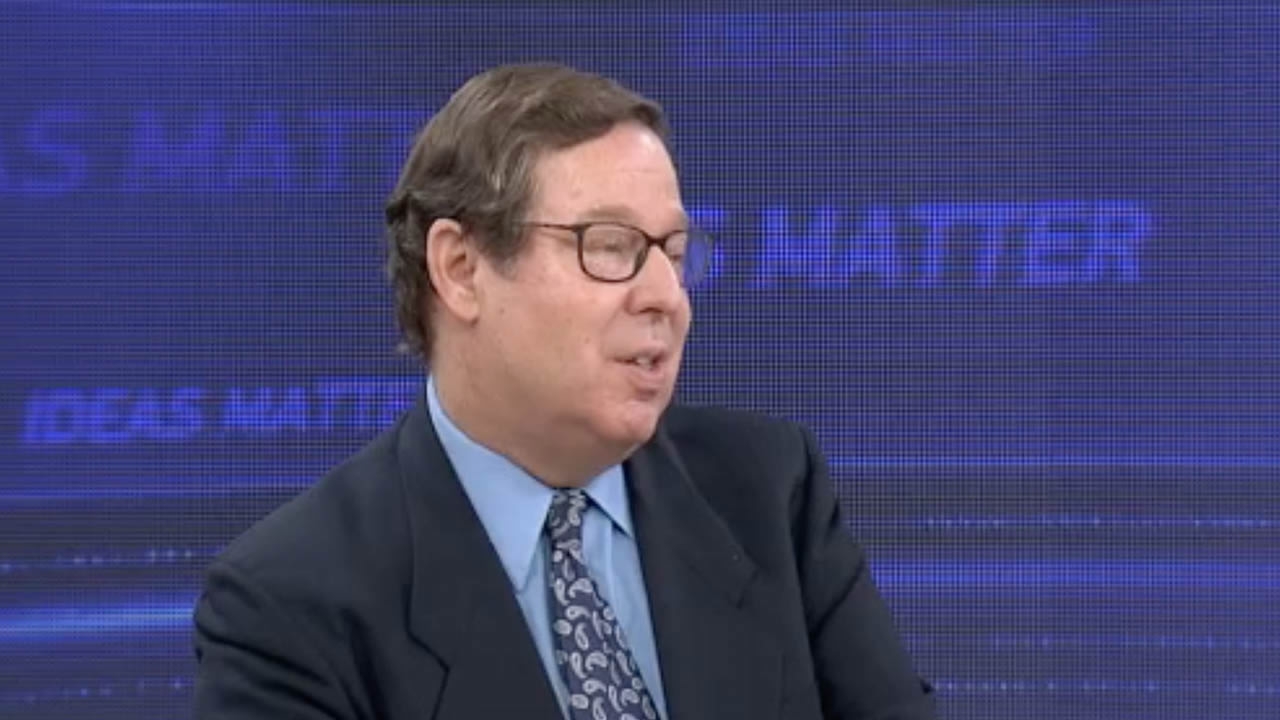
Politics
17:35, 30-Jun-2017
Will Moon Jae-in's visit to the US make a difference?

By CGTN's Wang Hui
South Korean President Moon Jae-in is having his first foreign summit with his US counterpart Donald Trump.
A host of security and economic issues will be on the table, including on the security side, the Terminal High Altitude Area Defense system and the Democratic People's Republic of Korea. And on the economic side, will the meeting be about making deals or confronting deadlocks for South Korea and China?
The result of the talks will reverberate not only in Seoul and Washington, but also in Beijing, Moscow and Tokyo, as each watches to see how this close ally of the US handles the growing divide between its security and economic interests.
Following the meeting in Washington DC, Moon will attend the G20 summit and meet Chinese President Xi Jinping.
Will Moon’s visit to the US bring a spring to its relations with China? Speaking to CGTN program "Dialogue with Yang Rui", Rick Dunham, visiting scholar at Tsinghua University, said, “We are going to find it out very soon. It’s very important with Donald Trump that foreign leaders develop a personal relationship, that's the way he is the businessman,”
“And Donald Trump had a year and a half criticizing South Korea, saying South Korea is taking advantage of the US and trade ideals, that South Korea should pay the United States more to defend itself."
Dunham explained further, "It’s very important for the new leader to come in, especially (since) he’s been talking about better relations with North. (So) it’s going to be very important to see how the two of them (hit it off).”
At a time of increased tensions on the Korean Peninsula, security has emerged as a top concern for Seoul and Washington. “The security issues, actually, security differences will be a top priority on the agenda, especially the difference on THAAD, and different policy directions towards the DPRK between Seoul and Washington DC,’’ analyzed Yang Xiyu, senior fellow from the China Institute of International Studies.
“The two topics will soon be on the table to discuss. And like President Moon predicted before the meeting, he said, we could not make any concrete deal, but will be able to strengthen the base of the alliance (with the) United States," he said.
"So at most they can reach some consensus on some fundamental issues. For example, strengthen the efforts to denuclearization on the North Korea issue.”

CGTN Picture
CGTN Picture
But while the pair may reach a consensus on some issues, there's unlikely to be a significant breakthrough.
“I don’t think we expect any breakthrough between the two (at the) summit, because it is a kind of personal relationship, especially the first meeting between the two leaders," said Lee Tai-Hwan, director at the Center for China Studies , Sejong Institute.
"So I think that we just want to have the trust dealing between the two leaders. And also we could discuss some security issues, including (the) North Korea nuclear issue. But basically, they just want to say hello to each other.”

Touching on the issue of THAAD and DPRK, program host Yang Rui asked, “Do you think he (President Moon) is strong enough to talk tough to president Trump on the issue of denuclearization on the divided peninsula? ”
Yang Xiyu responded, "While in terms of denuclearization, President Moon will not have a difficult position to talk with Trump. Similar because they (Moon and Park Geun-hye) share the same goal with United States."
"But in terms of THAAD issue, I think the best for President Moon is trying to avoid touching this issue."
"Actually, the South Korean delegation this time they hope they can avoid to talk about this issue. But I guess and I’m afraid the US will make this issue inevitable.”

Analyzing the future of South Korea-China relations and the possibility of a resumption of exchanges, Yang Xiyu said, “I think it will take a time, because the THAAD issue heavily damaged the mutual trust between the two peoples. Especially, it damaged the trust of Chinese people on South Korea, so the public feelings are getting more and more negative against South Korea... so with this background, it’s hard for business, for culture and for every kind exchange going smoothly."
"I think the only way to recover lies in time. Especially lies in time, with mutually accepted solutions on the difference on the THAAD deployment in South Korea,” he said.
Dunham weighed in saying, “While really the solution will have to be part of a big solution of the nuclear issue. I think this is the biggest victory of Kim Jong Un, which is that he drove a wedge between the forces which were united on sanctions. China and United States and Korea here, and also Russia.
"And so I think the only way do deal with it is to figure out a way to effectively to pressure North Korea. Because otherwise, I see the system for progressing. I see South Korea is trying to slow it down to buy time for negotiation, and otherwise I see it is inevitable for this to continue,” said Dunham.

SITEMAP
Copyright © 2018 CGTN. Beijing ICP prepared NO.16065310-3
Copyright © 2018 CGTN. Beijing ICP prepared NO.16065310-3